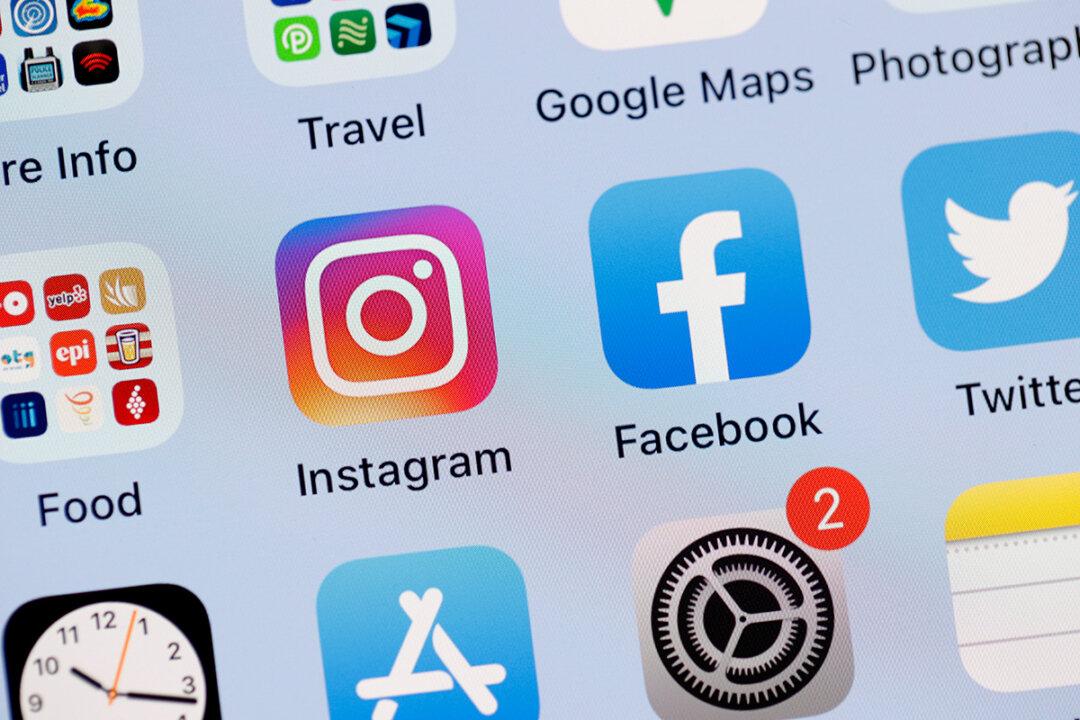An overwhelming 87 percent of Australians demand stricter age limits for social media use, with 16 emerging as the preferred minimum age.
Parents are leading the charge, with 91 percent of those with kids aged 5-17 calling for stricter restrictions to protect their children from the dangers of social media.





